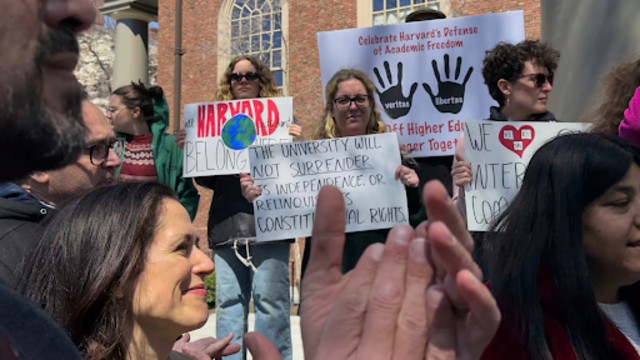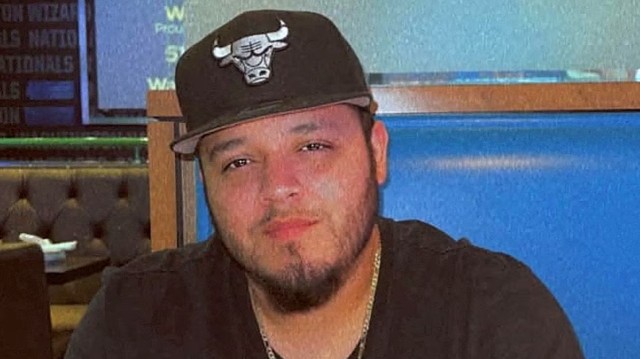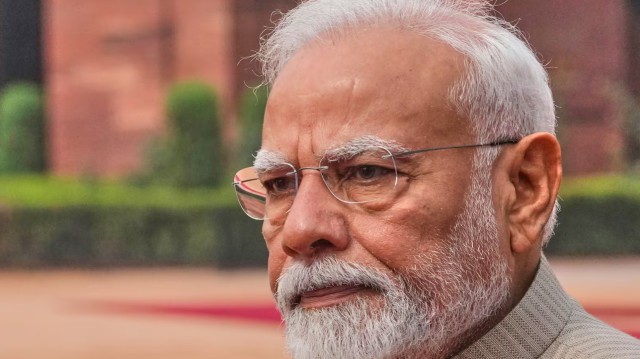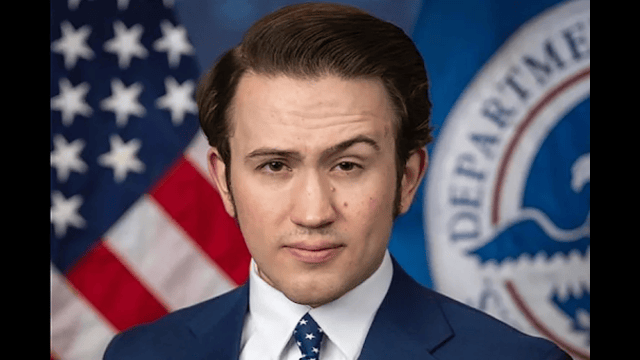
Harvard students, teachers, and community members gathered in Cambridge on Thursday, April 17, 2025, to hold a rally. AP Photo
The Trump administration plans to remove another $1 billion in federal funding from Harvard University. This decision comes as tensions rise between the government and the university over control and independence. The money includes funds for health research projects.
Just last week, officials announced they would freeze $2.2 billion in long-term grants and $60 million in contracts. These were planned for research and other projects. The freeze happened after Harvard refused to follow policy demands made by the administration.
According to sources close to the issue, the situation got worse after Harvard shared a letter from the Task Force to Combat Anti-Semitism. The letter listed strict demands from the federal government. These demands included allowing the government to monitor Harvard’s admissions, hiring process, and even the views of students and faculty.
The administration did not expect Harvard to release this letter. It had originally planned to be more flexible with Harvard compared to other universities, like Columbia. But after the letter was made public, officials decided to put more pressure on Harvard, sources said.
People familiar with Harvard’s actions say the university had no agreement to keep the letter secret. They also noted that the demands were too extreme. They said Harvard could not allow the government to control its core decisions.
Last month, Columbia University faced a similar situation. It gave in to pressure from the administration after $400 million in funding was revoked. Columbia changed its rules around protests and began reviewing its Middle East courses. It also set up new rules for student discipline.
Some officials thought Harvard would also follow the same path. But the university has stood firm so far. It has not agreed to the conditions placed by the federal task force.
The growing dispute raises questions about how much power the federal government should have over private universities. It also highlights concerns about free speech and academic freedom on college campuses. Some say the pressure is a political move, while others believe it is meant to stop bias and ensure fairness.
As of now, Harvard has not made any new public statement on the issue. The White House has also not responded to questions. The situation remains tense, and more changes could come soon if no agreement is reached.
If the additional $1 billion cut goes through, it could hurt many research programs. It may also affect jobs, education programs, and partnerships with other institutions.















